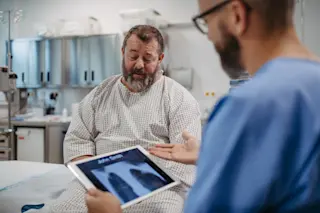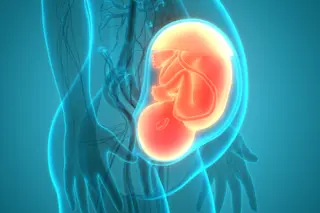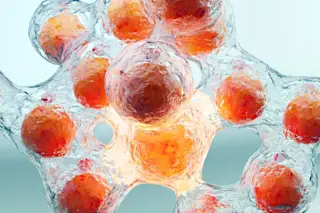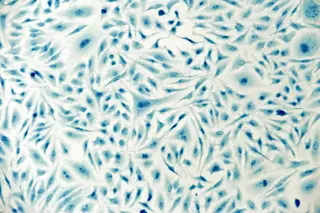The United Kingdom has become the first country in the world to legalize three-person in-vitro fertilization (IVF), a method of conception that combines genes from three parents. On Tuesday, the UK’s House of Commons voted 382 to 128 in favor of the controversial technique, called mitochondrial donation, and the first “three-person baby” could be conceived later this year. Doctors say mitochondrial donation will prevent mothers from transferring incurable genetic diseases to their children. Opponents have raised ethical concerns, saying it sets humanity on the slippery slope toward “designer babies.”
Mitochondrial diseases are passed down the maternal line in families, and they are caused by mutations in a small number of genes in the mitochondria — the source of chemical energy needed for our cells to sustain life. Roughly one in 6,500 children worldwide are born with mitochondrial disease, and it causes their organs to slowly fail. The UK’s Sharon Bernardi, ...













